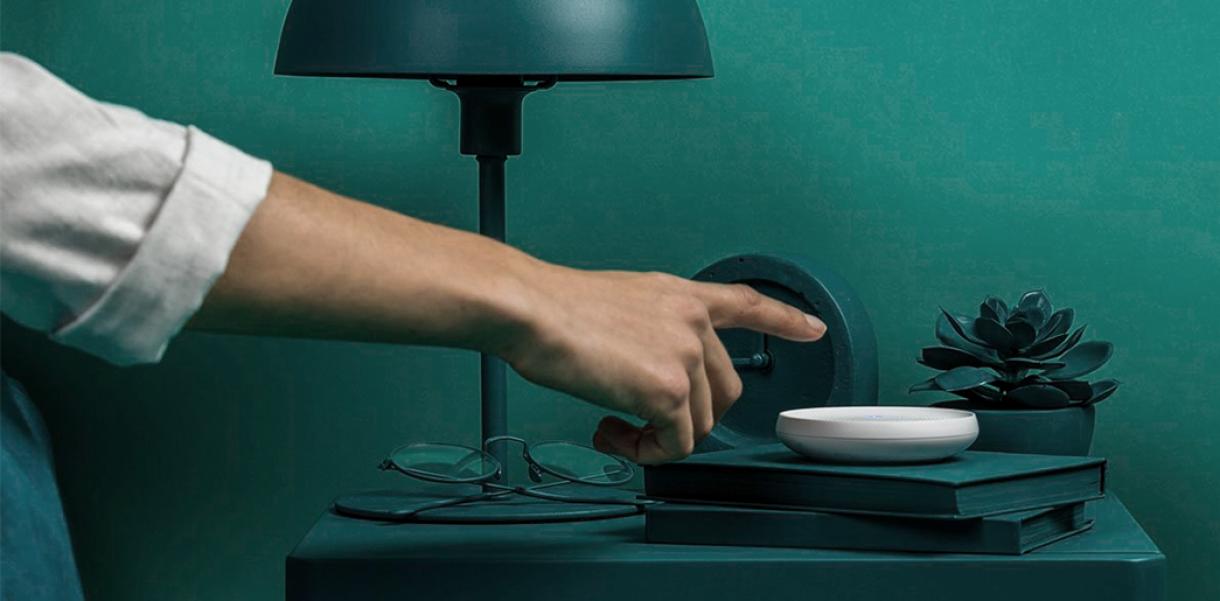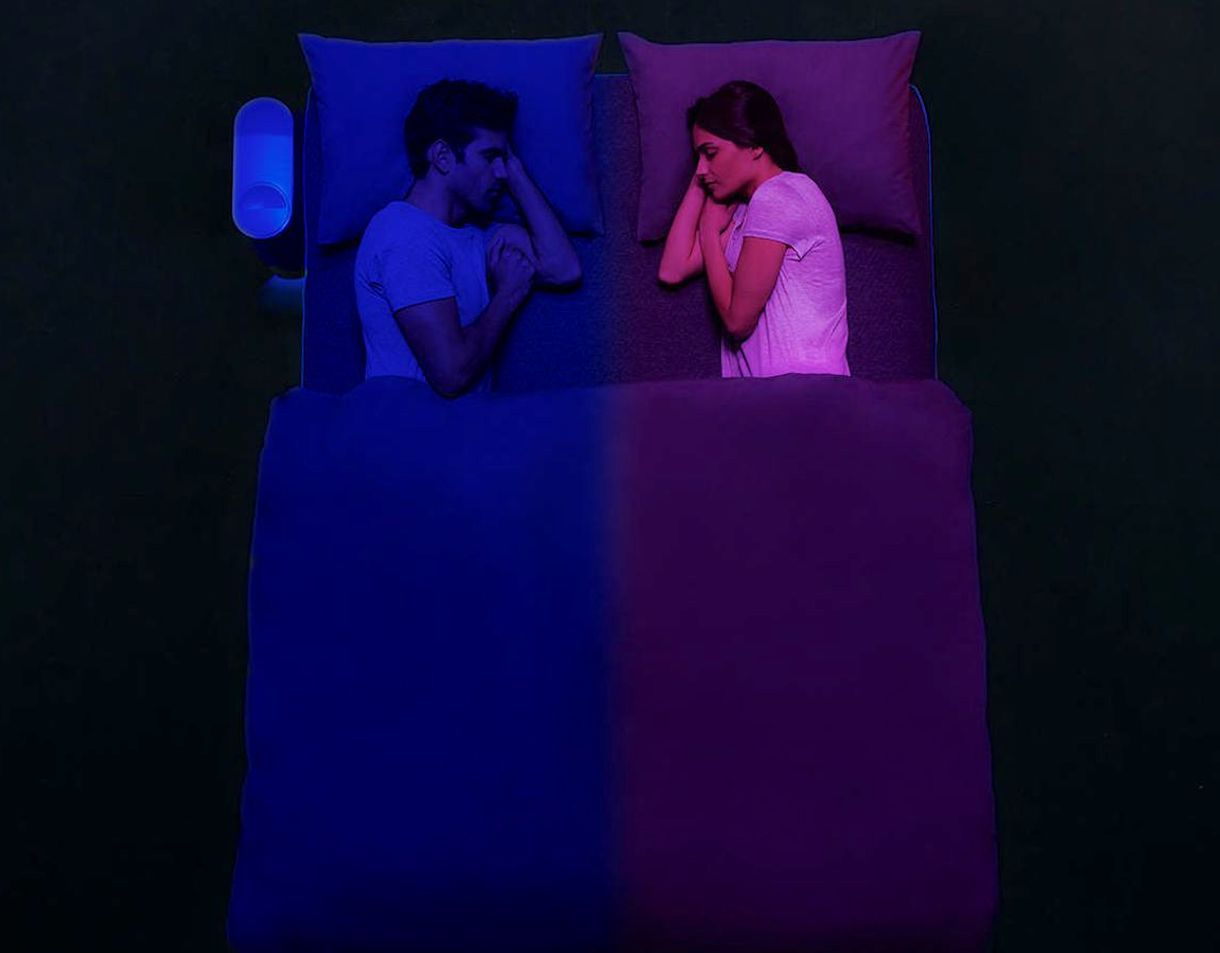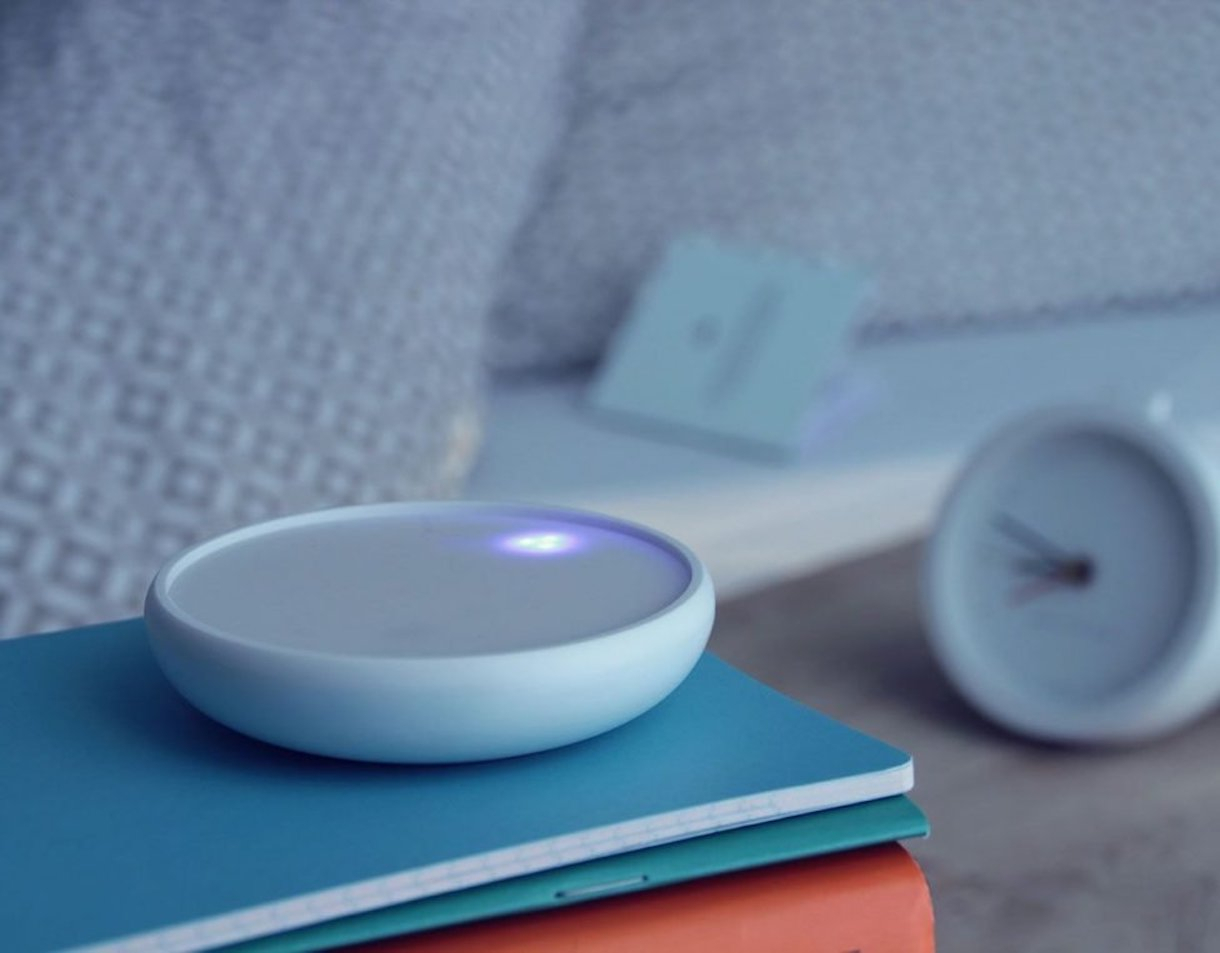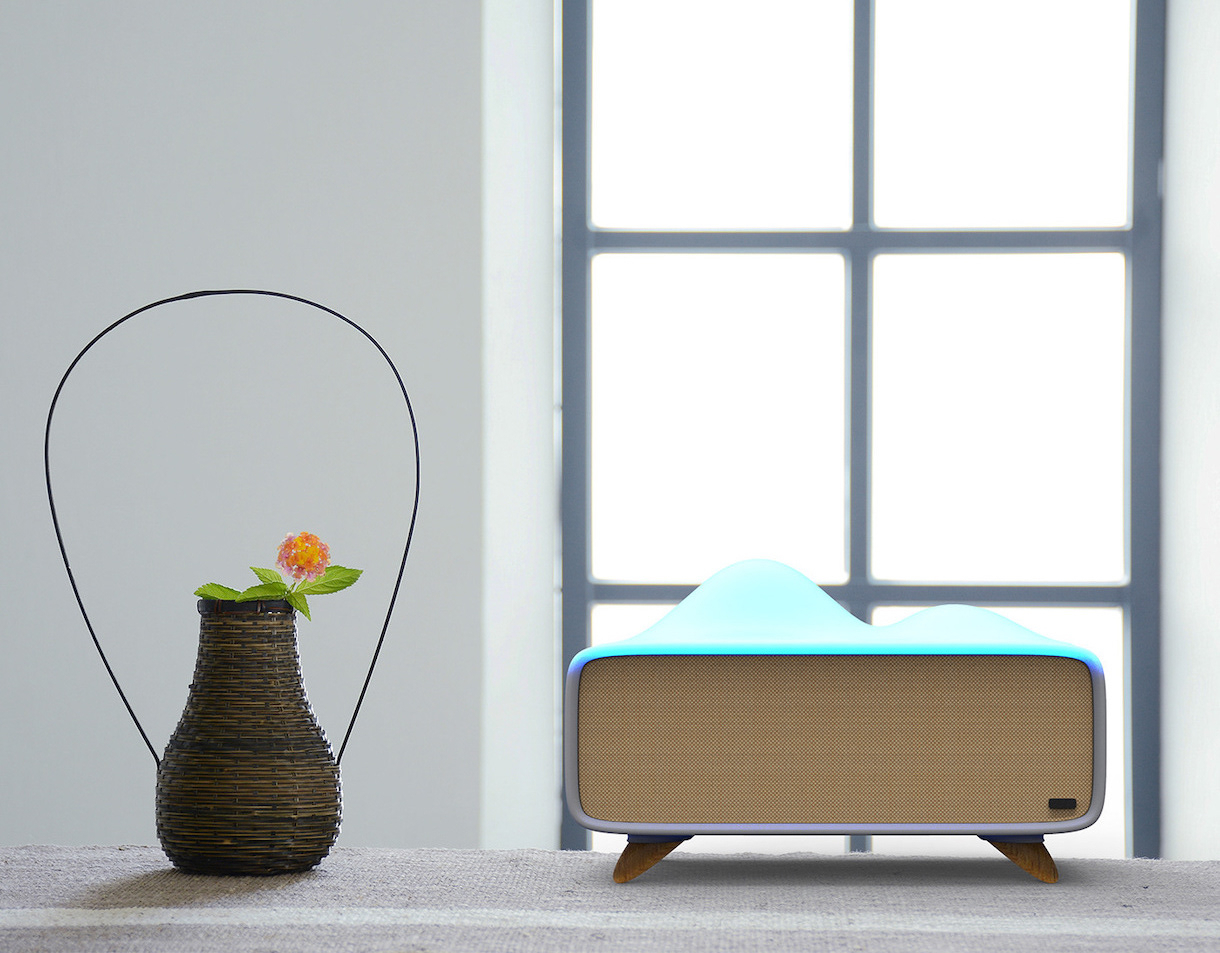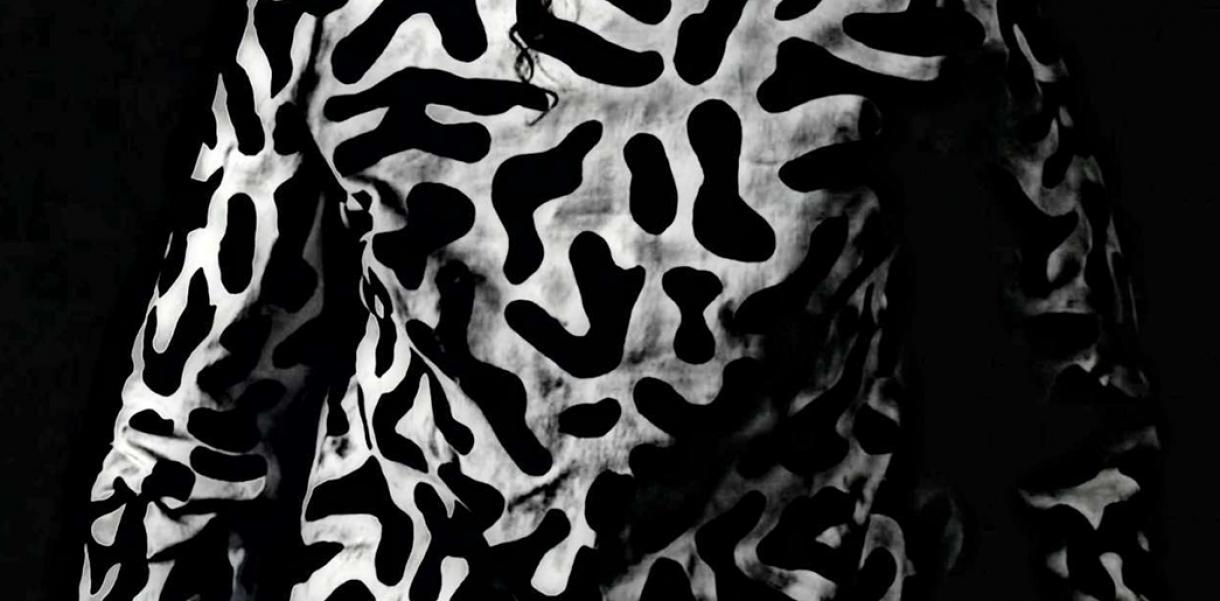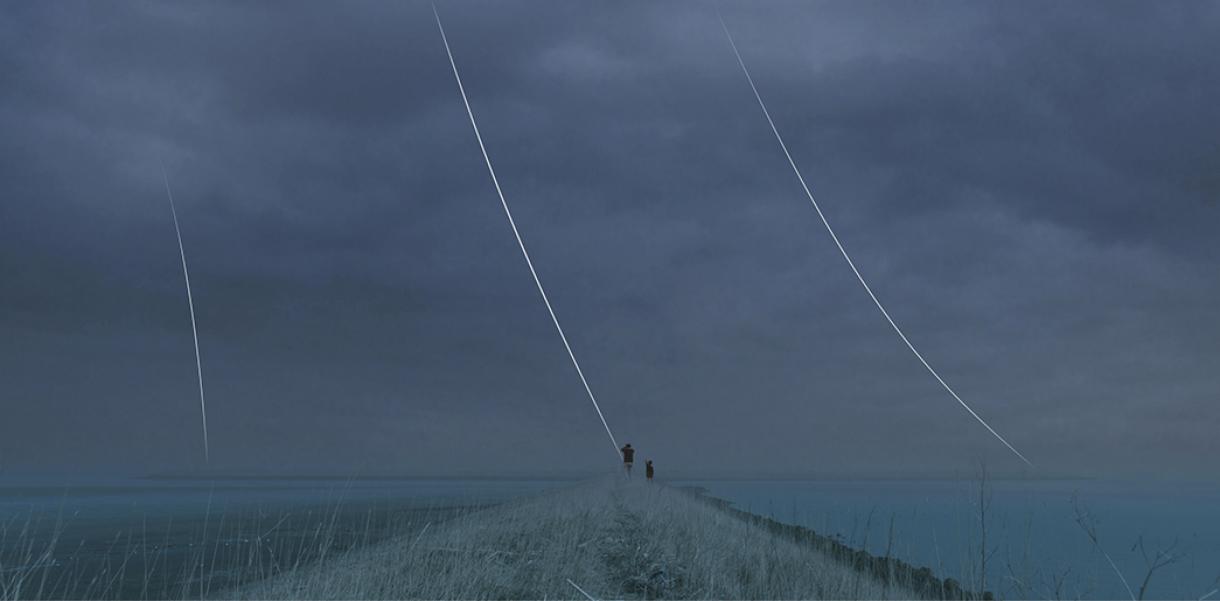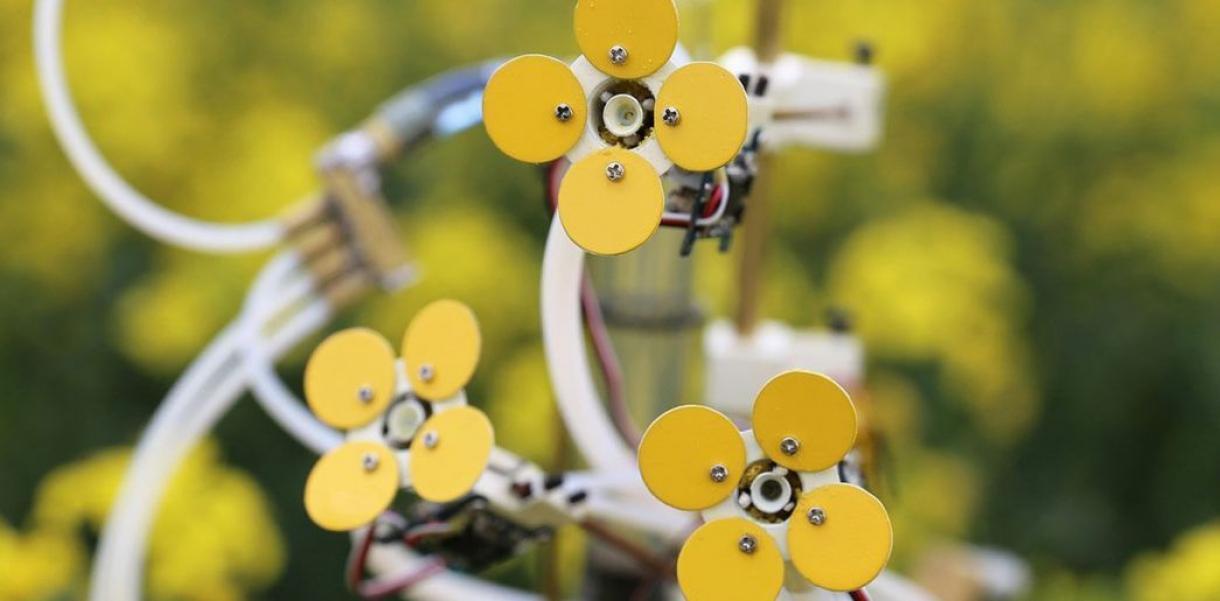Do you get enough sleep? Enough to counter a global epidemic?
Around 35% of people worldwide don’t get the sleep they desire and 1-10% of our population struggle with insomnia. Poor quality of sleep has proved to affect our well-being, functioning and overall satisfaction with life. It may even lead to depression, anxiety and weakened immune systems.
But a good night’s sleep isn’t unattainable. But while most sleep disorders are treatable, less than one-third of sufferers seek professional help. These four Index Award 2019 nominees, however, aim to give everyone a good shut-eye.
To find a cure, we need to know how we sleep. The Eight Sleep tracker does precisely that to gather knowledge on 15 critical factors of your sleep patterns. Through this, it creates the optimal sleeping experience. The tracker then communicates with your other smart electronics to regulate bed temperature, lighting, door locks and more.
The Mountain uses sound and light to lull its owner to sleep gently. By connecting your phone to Bluetooth speakers, it amplifies your chosen lullaby with calming, rhythmic lights. Mindfulness has also been embedded into the physical design of the object; the small mountain landscape creates the basis of a soothing atmosphere.
Tiring yourself out is a great way to get a good night sleep. Dodow guides the user through small exercises to help you doze off. Tapping the touch-sensitive pad turns on a blue light, lasting either 8 or 20 minutes. Through synchronising your breathing with the expanding and retracting light, it creates a sensation of tiredness. It’s inspired by cognitive therapy, yoga and meditation practices to initiate a natural sleep pattern.
Many people can’t sleep because they’re in severe physical pain. That was the case for Richard Hanbury, who after experimenting with neuromodulation and biometric sensors, got rid of his pain caused by chronic nerve damage. Today, his product Sana induces relaxation and promotes hemispheric balance to relieve pain in just 16 minutes. It’s the first non-invasive bio-therapeutic device that can provide lasting pain relief to people with chronic conditions and PTSD-induced insomnia.
